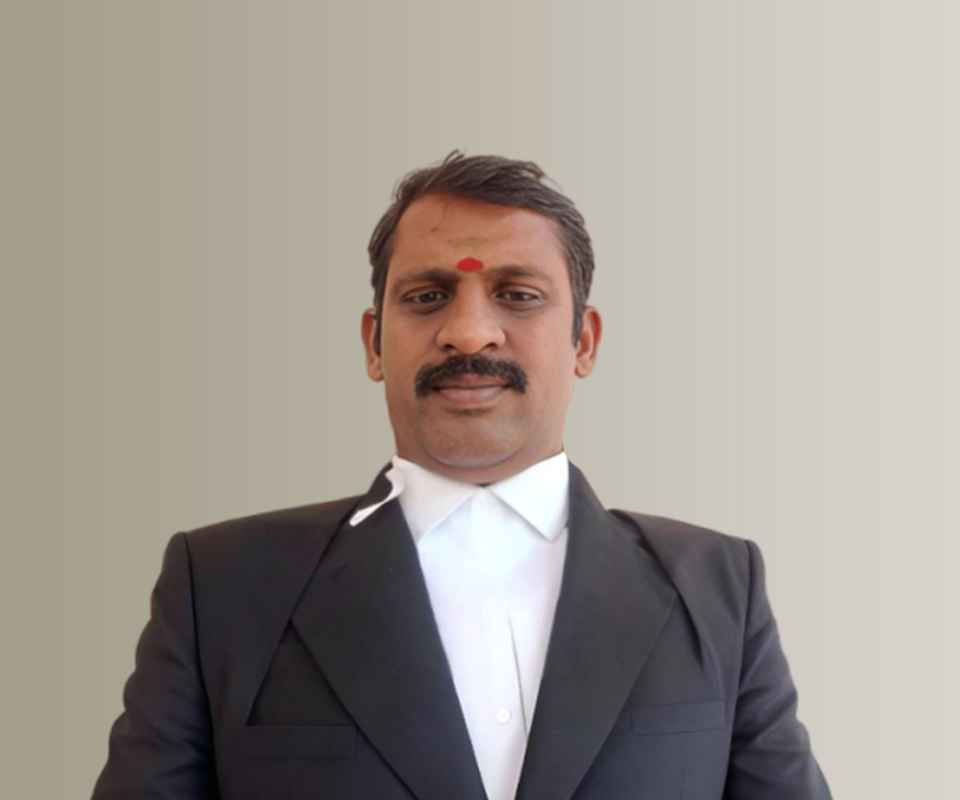Answer By law4u team
An NGO (non-governmental organization), just like any other organization, can be held liable for personal injuries sustained by individuals on its premises if the injury was caused due to negligence or unsafe conditions. Even though NGOs are typically non-profit entities, they still have a duty of care to maintain a safe environment for employees, visitors, and anyone else present on their premises.
When Can an NGO Be Sued for Personal Injuries?
Premises Liability and Negligence:
NGOs, as property owners or operators, have a responsibility to ensure their premises are safe for all those who visit. This includes ensuring that the environment is free from hazards, such as slippery floors, unsafe equipment, or unattended debris that could cause injury.
If an individual is injured due to the NGO's failure to maintain a safe environment (such as not fixing a broken floorboard or neglecting to put up safety signs), they may have grounds for a claim.
Example: A visitor to an NGO’s community center slips on a wet floor because the NGO failed to put up a wet-floor sign or clean it promptly. The NGO could be held liable for the injury.
Duty of Care:
NGOs are obligated to provide a reasonable standard of care for individuals on their premises. This means taking reasonable steps to avoid accidents and providing adequate security and safety measures.
If an injury occurs because the NGO failed to meet this standard (for example, inadequate lighting, broken doors, or faulty electrical systems), the NGO could be held liable for the harm.
Example: If an NGO organizes an event at their office and someone is injured due to lack of proper crowd control or unsafe infrastructure, the NGO may be liable for the injuries sustained during the event.
Injuries in Workplaces or Employment Settings:
If an injury occurs in the course of employment, employees or volunteers may have the right to claim compensation for personal injuries. NGOs must maintain a safe working environment for their workers, just like any other employer. Employees who suffer from workplace accidents due to poor safety conditions may file a claim for compensation.
Example: An NGO worker is injured while using faulty equipment in the organization's office. The worker could file a workers’ compensation claim or a personal injury lawsuit if the injury resulted from the NGO’s failure to maintain the equipment or provide adequate training.
Liability During NGO-Hosted Events or Activities:
When an NGO organizes public events, campaigns, or social activities, they are expected to provide proper safety measures to prevent injuries. If someone is injured during these activities, the NGO could be held responsible for not ensuring safety, especially if the injury was foreseeable and preventable.
Example: An individual attending an NGO’s charity event is injured due to inadequate crowd control or a poorly set-up stage. The NGO could be held accountable for the injury if they failed to take reasonable precautions.
Key Factors Determining NGO Liability for Personal Injuries:
Negligence in Maintaining Safe Premises:
If an NGO’s premises are unsafe and lead to an accident, the organization may be found negligent. For instance, if the NGO is aware of a potential hazard but fails to address it, they could be held accountable for the injury.
Example: An NGO that owns a building with broken stairs but does not repair them, leading to a fall, may be held liable for not fixing the hazard, especially if the injury was foreseeable.
Awareness of Hazardous Conditions:
An NGO can only be held liable if it was aware (or should have been aware) of the hazardous conditions and failed to act. The injured party must demonstrate that the NGO had knowledge of the dangerous condition or that it was reasonable to expect them to be aware of it.
Example: If a volunteer falls and injures themselves because of a faulty chair at an NGO training session, they could claim that the NGO was negligent in not inspecting the chairs beforehand, assuming the faulty chair was a known issue.
Duty of Care During Events and Activities:
If the NGO is organizing or hosting an event or activity, they have a duty to manage the event safely. This includes providing necessary equipment, adequate staff, crowd control measures, and emergency procedures. If any of these are neglected, the NGO could be held responsible for any resulting injuries.
Example: A person is injured at an NGO-hosted event due to a lack of first-aid facilities or insufficient crowd management. In this case, the NGO may be found liable for not ensuring proper safety protocols during the event.
Role of Volunteers:
If volunteers or employees working for the NGO cause harm to others, the NGO may also be held liable for their actions if it can be shown that the NGO did not properly train or supervise them.
Example: If a volunteer, under the NGO’s supervision, accidentally injures someone due to a lack of training, the NGO may be held responsible for failing to properly instruct or oversee the volunteer’s actions.
Steps for Claiming Compensation for Injury at an NGO's Premises:
Document the Injury:
The injured party should document the incident, including photographs of the unsafe condition, medical records of the injury, and statements from any witnesses who saw the accident. This helps to establish the NGO’s negligence.
Notify the NGO:
It’s important to notify the NGO as soon as possible, either informally or through a written report, about the injury and the unsafe condition that led to it.
File a Claim or Lawsuit:
If the NGO refuses to offer compensation or if the issue cannot be resolved amicably, the injured person can file a claim through consumer courts or pursue legal action by filing a personal injury lawsuit.
Consult a Lawyer:
Legal advice is often beneficial when pursuing a claim against an NGO. A lawyer specializing in personal injury can guide the process, help evaluate the case, and ensure proper legal procedures are followed.
Example Scenario:
A person attends an NGO-organized seminar. During the event, the chair they sit on collapses, causing them to fall and sustain an injury. The NGO was aware that some of the chairs were in poor condition but had not replaced them.
- Documentation: The injured person collects photographs of the broken chairs and medical records of the injury.
- Notification: The injured person immediately informs the NGO organizers about the injury and the unsafe chairs.
- Claim: The person files a compensation claim against the NGO for the injury caused by the unsafe chair, and the NGO is found liable for neglecting to replace the faulty equipment.
Conclusion
NGOs can be sued for personal injuries sustained on their premises if negligence or unsafe conditions contributed to the injury. NGOs have a duty of care to maintain safe environments for visitors, employees, and volunteers. If an NGO fails to take reasonable steps to ensure safety or ignores hazardous conditions, it can be held liable for injuries. The injured party must document the incident, notify the NGO, and, if needed, pursue legal action to claim compensation.







